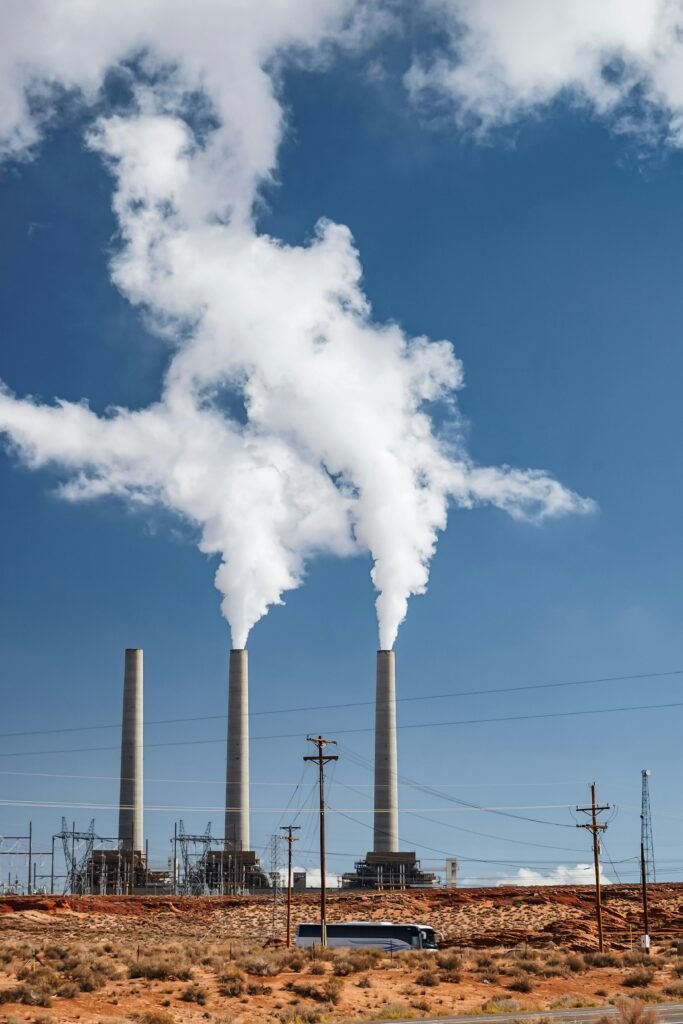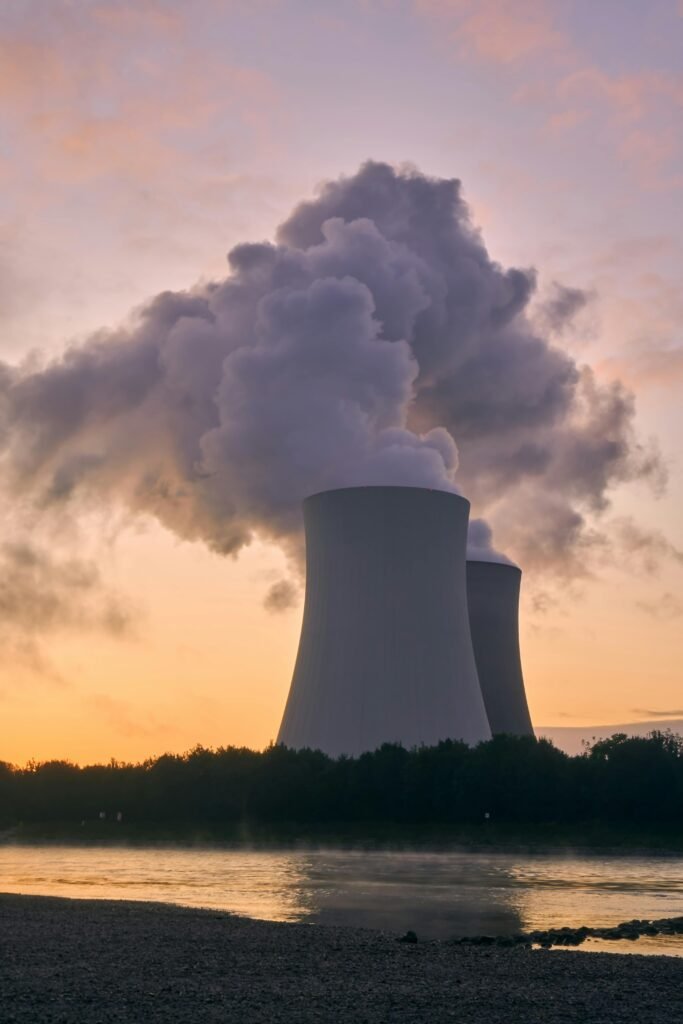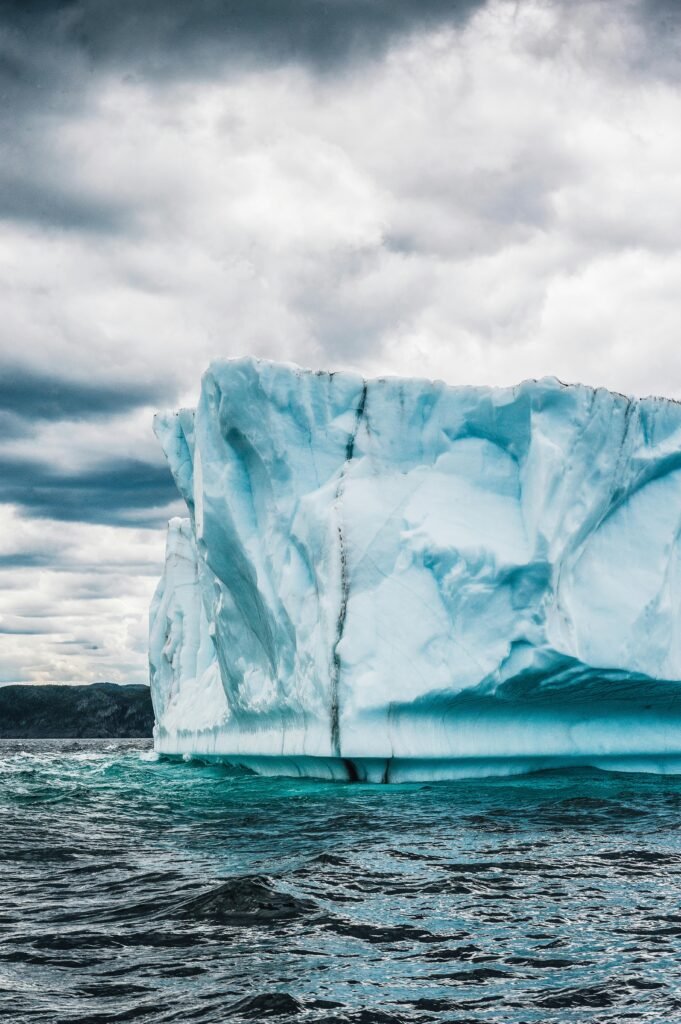
Both natural and anthropogenic factors contribute to climate change, and the causes can be further discussed as follows:
1. Natural Causes
These are processes that occur without human intervention:
Volcanic Activity: Large volcanic eruptions release dust, ash, and gases like sulfur dioxide into the atmosphere, which can have a temporary cooling or warming effect.
Solar Radiation: Earth’s climate can be affected by variance of energy emanating from the sun; although it is worth noting, these changes are slow and usually not drastic.
Orbital Changes (Milankovitch Cycles): Fluctuations in Earth’s orbit and tilt contributes to the amount of solar energy received and hence leads to an alternating dry and wet period spanning thousands of years.
Natural Greenhouse Emissions: Greenhouse gases include, methane emanating from the wetlands as well as carbon dioxide generated from natural decomposition.
2. Human Causes
The following are the key reasons behind climate change that has been witnessed in the last few decades.
Greenhouse Gas Emissions
Fossils Fuels Fire: Deforestation and other human activities that include burning coal, oil and gas result in a substantial emission of CO emissions, which is severely dangerous for the greenhouse effect .
Deforestation: Cutting trees diminishes the ability of the earth to control the level of greenhouse gases since they consume CO2 gas.
Agriculture: On farms, nitrous oxide is also released during the use of some fertilizers, and livestock also produces methane, a potent greenhouse gas.
Industrial Activities: During industrial manufacturing processes, various pollutants including carbon dioxide, methane and several other are emitted.
Lands Utilisation Patterns Modification
Urbanization: Rapid growth of cities means that more green cover, wetland or grasslands will be replaced leading to extreme thermal regime alterations.
Soil Erosion: Due to over-utilization of land and improper management practices, emission of stored carbon in soils occur.
Pollution
Aerosols: While certain human activities produce particles that allow a change in the temperature of the planet on a minimal basis. On the contrary, these activities cause greater consequences by damaging the atmosphere.
Plastic Pollution: Micro plastics are ready to cause irreversible damage to the environment and in the process all these advancements may be altering the climate systems in some form.
Implications Of Climate Change
Global Warming: This is a result of change in the radius of the poles perpendicular to the axis of rotation of the Earth.
Extreme Weather: Magnified storms and extended periods of droughts or dry weather, heavy rainfall, and persistent heat waves.
Rising Temperatures And Ice Caps Thawing and Level Of Water Rising: The zahley thaws out means more water in the world’s oceans leading to depths more than the coasts have been anticipating.
Ecosystem Alteration: Almost all organisms that cannot catch up with the rapid climatic shifts are prone to extinction resulting in lesser biological diversity.
Can It Be Mitigated?
Yes! Steps to ensure renewable energy sources are utilized, energy saving measures are implemented, afforestation, and environmental friendly farming practices are taken up. Cutting down on green gas emissions and maintaining carbon offsetting lands such as forests and swampy lands areas important.

